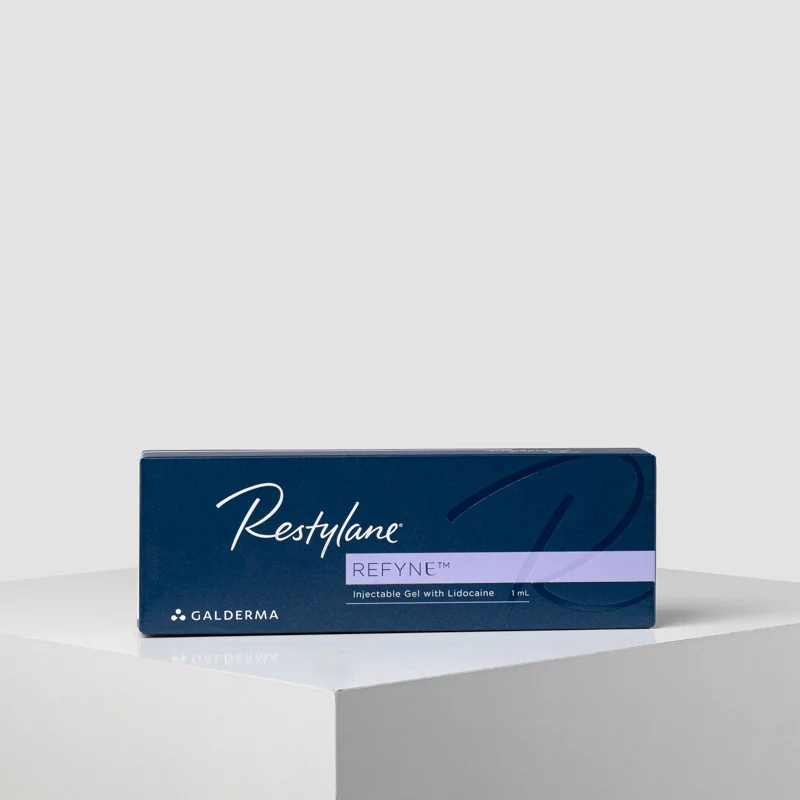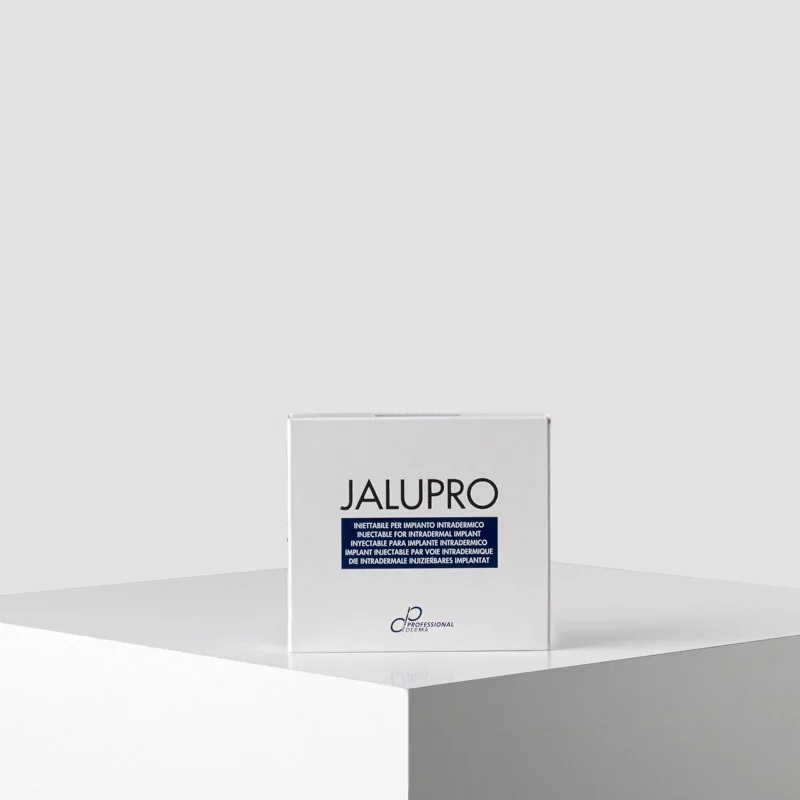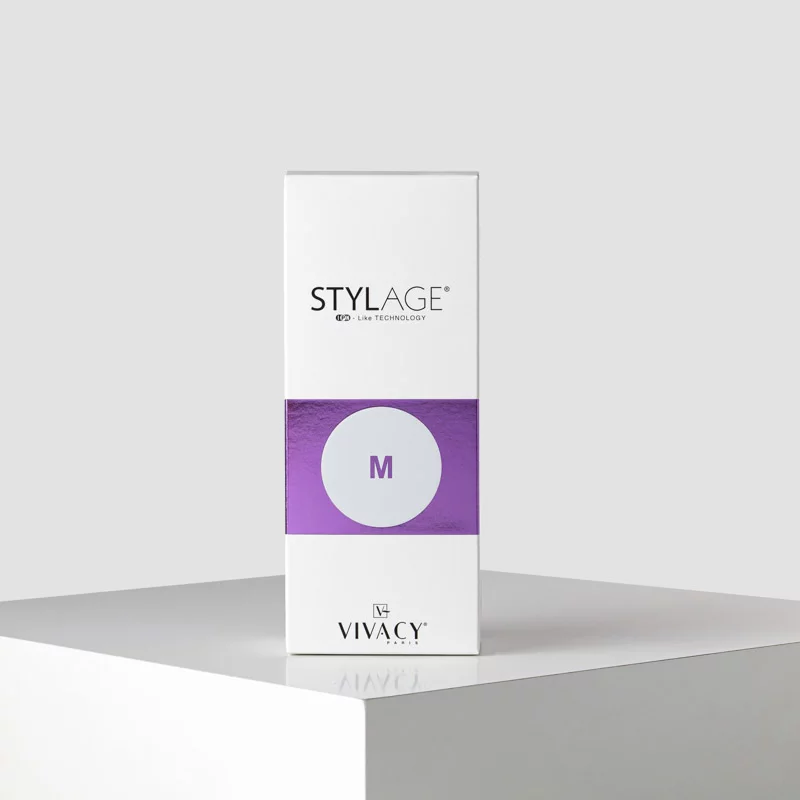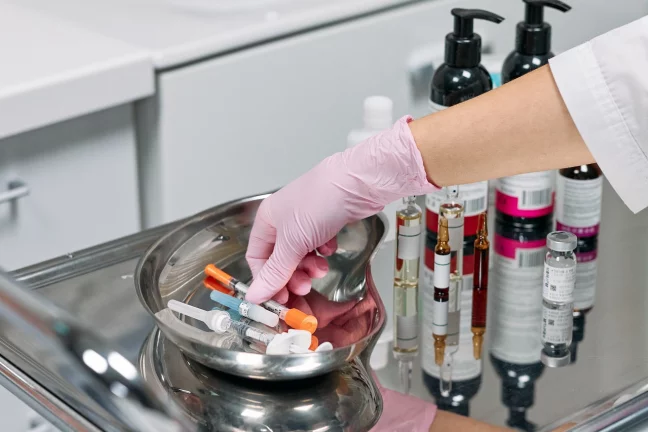-

- Author e-FILLERS Team
- May 7th, 2025
Training Requirements for Using Fillers in Different Countries
.webp)
The global demand for aesthetic treatments like dermal fillers continues to rise — but so does the need for safe and regulated administration. Because fillers are considered medical devices in most countries, the laws governing who can inject them — and what qualifications are needed — vary significantly from one country to another.
Whether you're a new practitioner or expanding your practice internationally, understanding each region’s training and certification requirements is essential to stay compliant and protect your patients.
Europe
France
Only medical professionals such as doctors and dentists are allowed to inject fillers. Nurses may assist but cannot inject independently. Certification from approved training centers is recommended but not mandated by law.
Germany
Fillers are classified as medical treatments and can only be administered by licensed physicians and dentists. Medical training courses in aesthetic medicine are highly encouraged.
Italy
Only medical doctors and dentists may perform filler injections. Certification is not legally required but is expected for professional practice.
Spain
Injectables can be administered by medical doctors, dentists, and nurses under specific training. However, nurses must work under the supervision of a licensed doctor.
United Kingdom
As of recent updates, non-medics can legally administer fillers, but this is highly controversial. Regulatory bodies are pushing for stricter controls. Currently, the safest and most ethical route is via certified medical professionals (doctors, nurses, dentists) who have undergone training from a CPD-accredited provider.
North America
United States
Fillers are FDA-regulated and may only be injected by licensed healthcare professionals, including:
Dermatologists
Plastic surgeons
Nurse practitioners
Physician assistants
Registered nurses (under supervision)
Each state has its own regulations, and additional certification in cosmetic injectables is often required.
Canada
Rules vary by province, but in general, doctors, nurses, and nurse practitioners are permitted to administer fillers. Additional aesthetics training and malpractice insurance are mandatory in many areas.
Asia
South Korea
Aesthetic medicine is highly advanced. Only licensed doctors (dermatologists, plastic surgeons, or general practitioners with aesthetic training) are allowed to inject fillers.
Japan
Regulations are strict. Only licensed physicians can perform cosmetic injections. Clinics often require formal training in aesthetics before offering injectable services.
Singapore
Only medical doctors registered with the Singapore Medical Council may administer fillers. Practitioners must complete accredited courses approved by the Ministry of Health.
Australia & New Zealand
Australia
Fillers can be administered by doctors and registered nurses, but nurses must work under a prescribing physician. Training from recognized aesthetic academies is required.
New Zealand
Similar to Australia, nurses and doctors can inject fillers. Nurses must work under medical direction and receive appropriate training and certification.
Middle East
United Arab Emirates
Only licensed healthcare professionals such as dermatologists, plastic surgeons, and trained nurses (under supervision) may inject fillers. The UAE has strict licensing procedures through the Dubai Health Authority (DHA) or Ministry of Health (MOH).
Saudi Arabia
Only licensed medical practitioners are permitted to perform injectable procedures. Specific aesthetic licenses are required from the Saudi Commission for Health Specialties (SCFHS).
Final Thoughts
The rules around injectable training vary greatly depending on location — and they are changing rapidly as governments respond to patient safety concerns. Regardless of the country, one thing is universal: training matters.
Whether you're a doctor, nurse, or other healthcare professional, investing in accredited, hands-on filler training is critical to ensure you deliver safe and effective results.
If you're planning to offer filler treatments internationally, always check local medical boards and licensing authorities to stay up to date with current laws and standards.

.webp)
.webp)
.webp)






